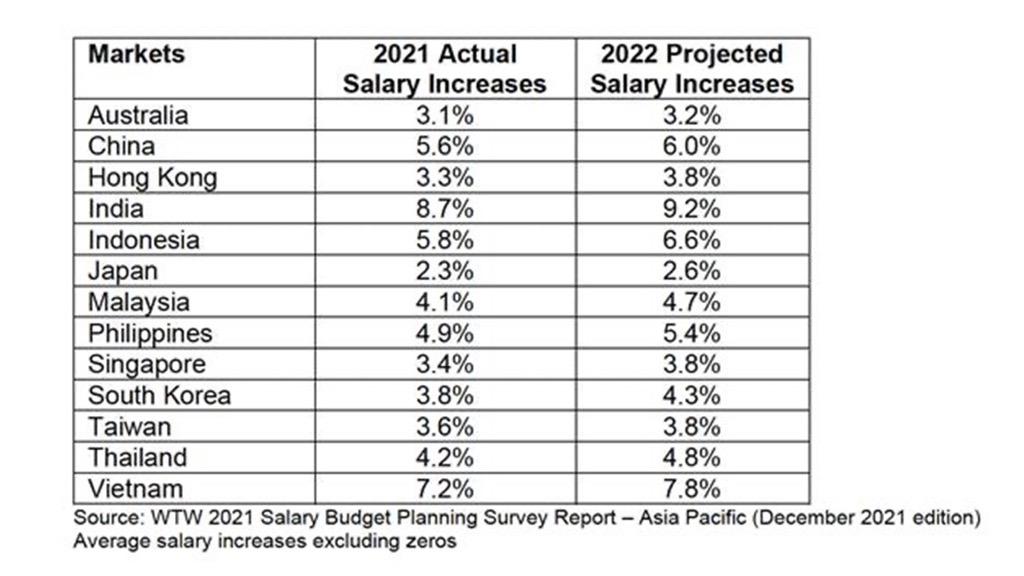TUC pushes for review of single column wage structure

The Trades Union Congress (TUC) is calling for a review of the Single Column Pay Structure (SSSS), saying it has failed to achieve its objective.
The TUC explained that the SSSS was introduced with clear objectives, one of which was to eventually lead to higher wages for people in the public sector.
Follow @Graphicgh
Speaking at a 2021 Mid-Year Budget Economic Forum, hosted by the TUC, the Director of the TUC’s Labor Research and Policy Institute, Dr Kwabena Nyarko Otoo, said the SSSS was also meant to address some of the inequities. in the public sector wage structure and ultimately reduce bargaining centers within the public sector, but noted that not all of these goals have materialized.
“Wages in the public sector are still very low, wage inequalities are still very high and some public sector entities are aggressively trying to exit the SSSS, some having already exited, bringing us back to the previous situation where there were several sectors of bargaining within the public sector,” he said.
The TUC director of research said that if university professors, for example, received the $2,000 base salary they demanded, that would mean everyone at their level should have it, which might be hard to do, which is why the obvious solution was to leave the SSSS.
Separate laws
He also noted that while the SSSS intended to consolidate all civil service entities into a single bargaining center, some entities had separate laws incorporating them, which also set out different paths for determining their salaries.
He said some of them even wrote to the Fair Wages and Salaries Commission (FWSC) that the law said their salaries should be determined by their boards, not the FWSC.
“So one of the things that the SSSS failed to do was to harmonize the laws on determining the remuneration of public sector workers,” Dr Otoo said.
Suspension of the deregulation exercise
The TUC urged the government to suspend the policy of deregulation of the oil sector.
Dr Otoo said the drill had led to high fuel prices in the country and given the difficulties many Ghanaians find themselves in as a result of COVID-19, it became necessary to put the policy on hold.
“This policy was introduced in normal times but we are not in normal times now so we have to put it on hold until we return to normal times,” he said.
He also urged the government to reconsider the rising prices of petroleum products in the country.
“For a particular product, it is abnormal to have more than six taxes and levies, so we request the government to consider the fuel price increase and there may be harmful taxes and levies that they can eliminate,” he said.
Base Salary Calculation Review
Dr Otoo also pointed out that the TUC believes the time has come for the tripartite committee, which determines the basic pay of public sector workers, to review the variables used to arrive at pay rises.
He said that over the years the main determinant had been inflation, but that it was necessary to introduce other variables, such as the real cost of living, because the previous method did not work at the benefit of employees.
He explained that inflation was only a representation of the cost of living but not the real one, hence the need to use the cost of living
“Inflation is only a representation of the cost of living but not the actual cost of living. We want to include the cost of living itself as opposed to changes in the cost of living and that puts us in things like housing.
“Inflation might show a downward trend, but rent prices will go up, so we have to open it up and incorporate some of the individual cost elements that affect people significantly,” he said.
Productivity being a factor
Dr. Oduro noted that this is a legitimate concern if the government also wants to consider productivity as a determinant of wage increases.
He said the problems were the fact that no one knows the level of productivity in the public sector except the guess that the public sector was not productive.
“It’s not supported by any facts and may not live up to empirical scrutiny. You have a policeman looking after 1,000 Ghanaians, but to a very large extent there is some level of peace and stability in the country, can you say that the police are not doing well?”
“We have a nurse caring for around 800 people when it should be 500 or less but to a very large extent our health sector is not that bad can you say that they are not productive?
He said that while there are many things that could be done to improve productivity in the public sector, that responsibility lies with the employer, not the employees.









